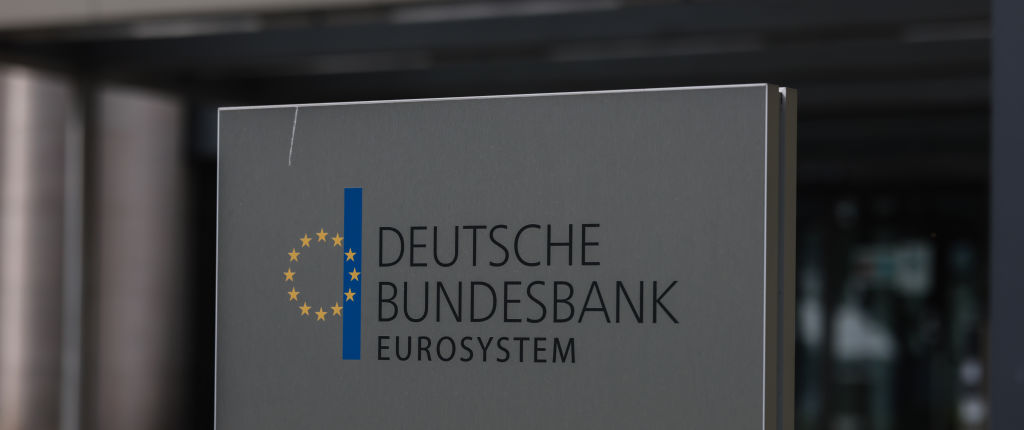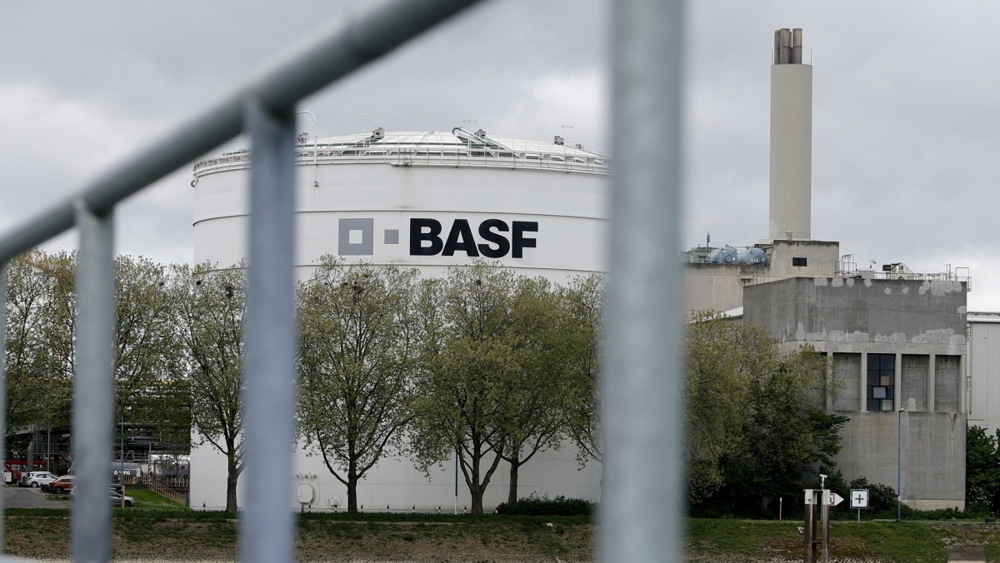Germany has reportedly experienced a near-record number of corporate insolvencies, with a major economics firm warning that insolvencies have hit their highest point since 2010.
According to a new analysis published on October 10 from the Halle Institute for Economic Research (IWH), 3,991 companies from July to September this year could no longer pay their debts.
It added that there were 44 per cent more insolvencies in September 2024 than in the September average of 2016 to 2019 — a period seen as a yardstick for the pre-Covid German economy.
The firm warned that the closures of large employers often lead to significant and permanent loss of income and wages for the affected employees. Almost 23,000 jobs were affected in September as a result of just the top 10 per cent of the companies studied by the firm going bust.
“The insolvency rate is currently at a significantly elevated level,” said Steffen Müller, Head of IWH Insolvency Research.
Müller linked the current weak phase of the German economy with the knock-on effects of the COVID-19 pandemic. At that time, the number of insolvencies was kept artificially low by government support programmes. Many of the companies that were supported at the time are now in difficulties.
Müller said he expected the numbers to continue to rise in the coming months.
On October 9, the German Government lowered its economic forecast and it is predicted to decline by 0.2 per cent in 2024.
Federal Economics Minister Robert Habeck stressed that if businesses committed to implementing the government’s growth initiative’s policies, the economy would expand once more.
The government is relying on its economic package, which includes lower electricity prices, worker incentives and tax breaks to boost growth. Leading economic institutions, though, have recently been voicing doubt about the package’s ability to provide the hoped-for improvement.





